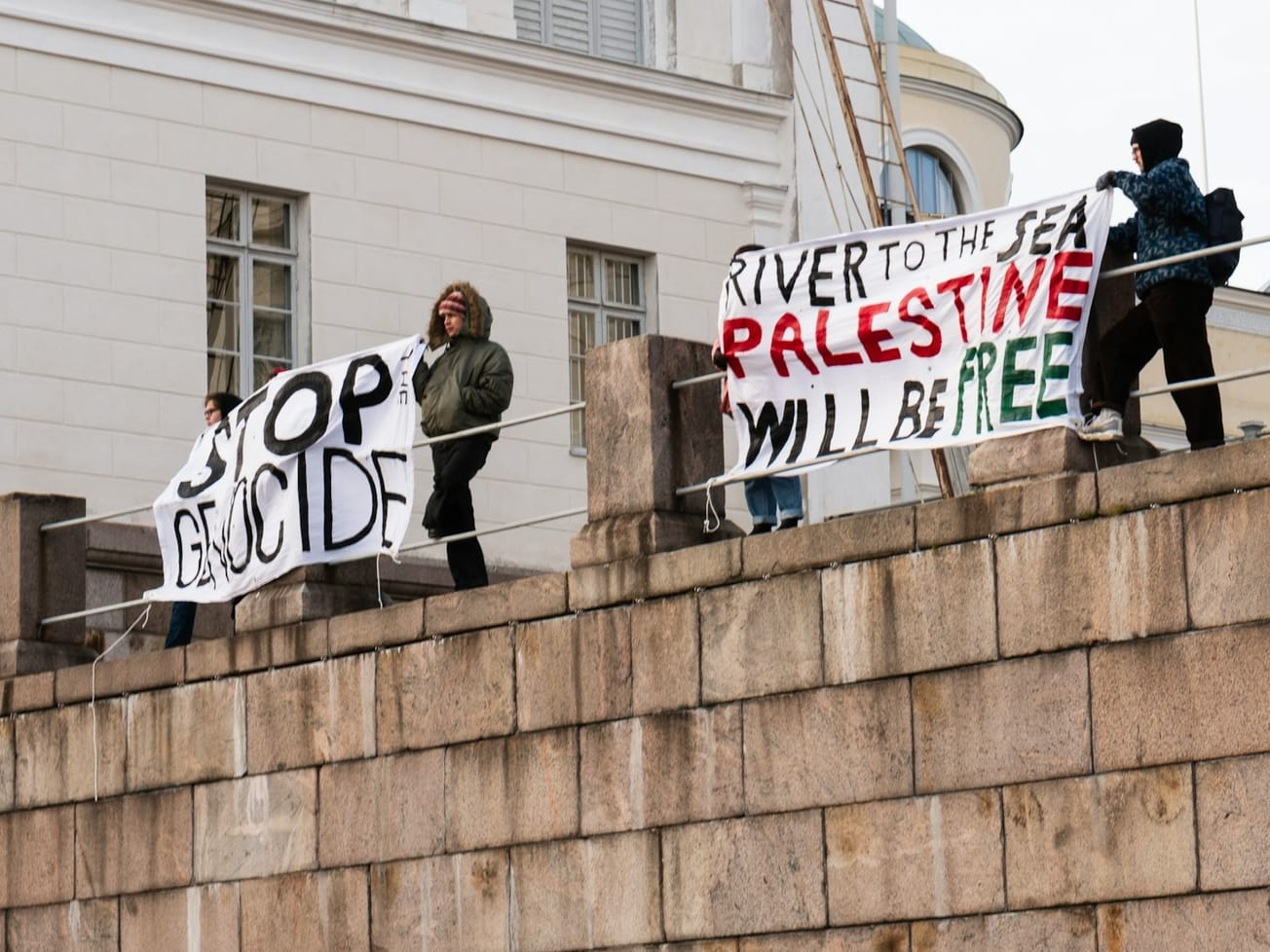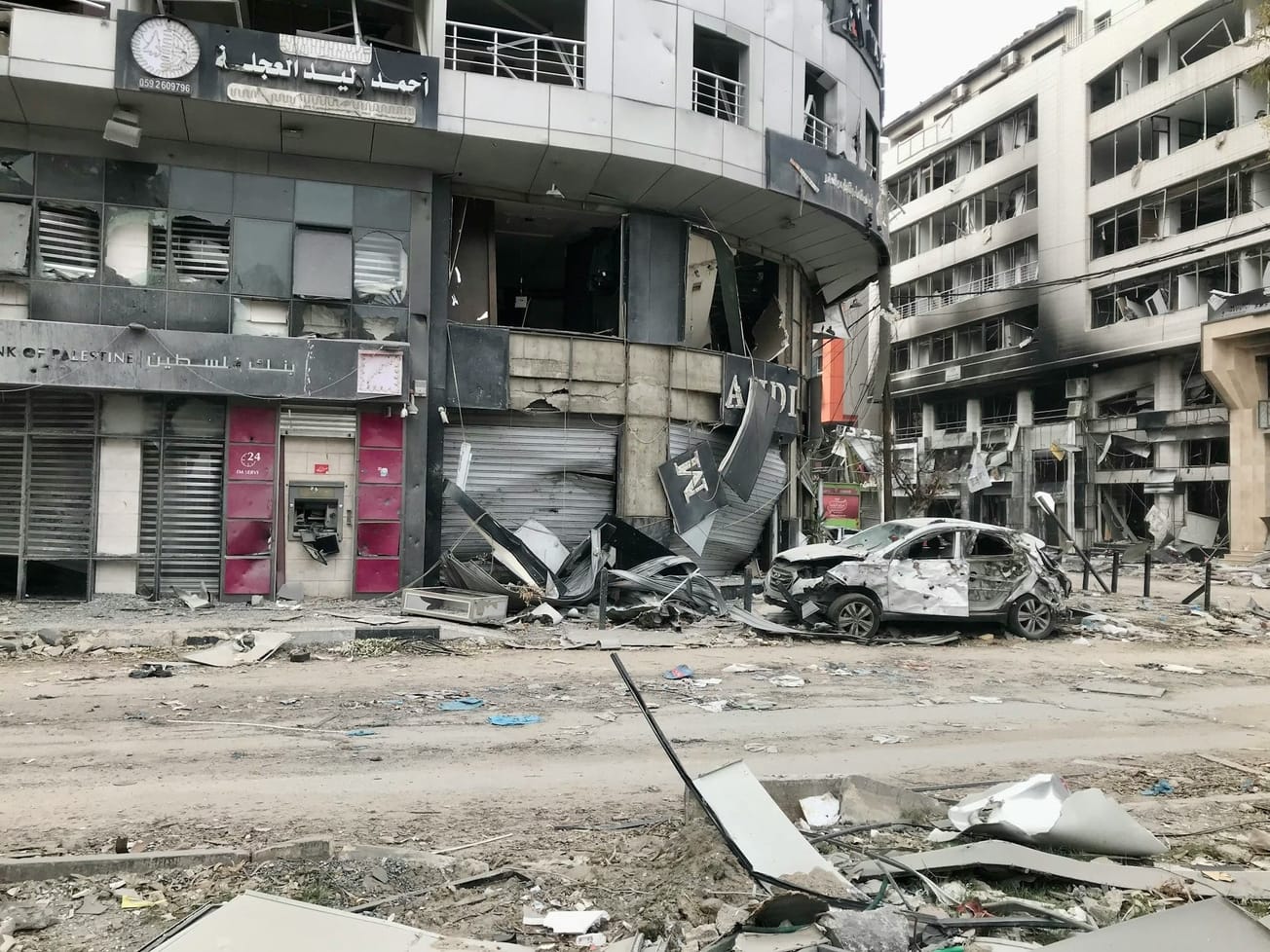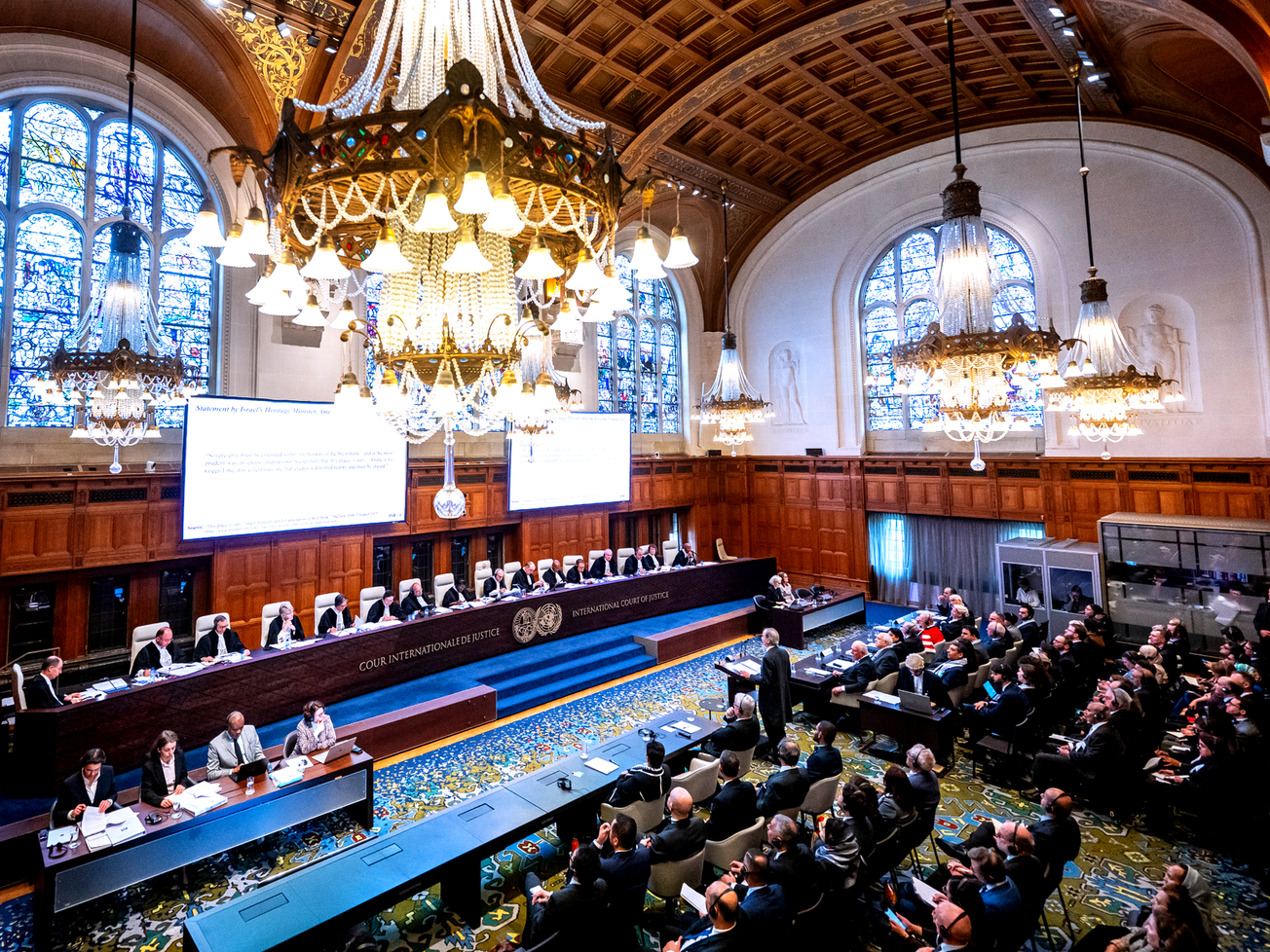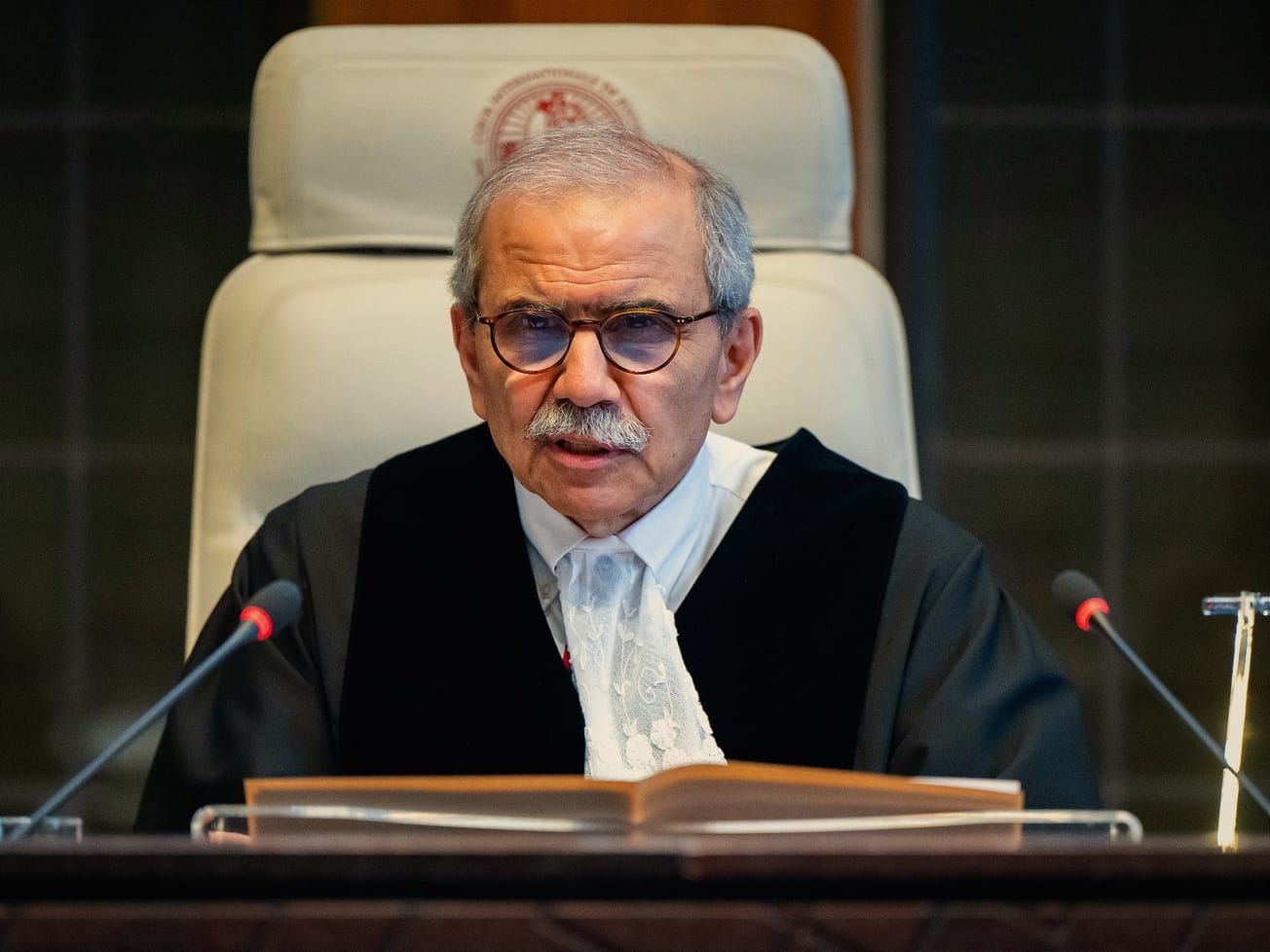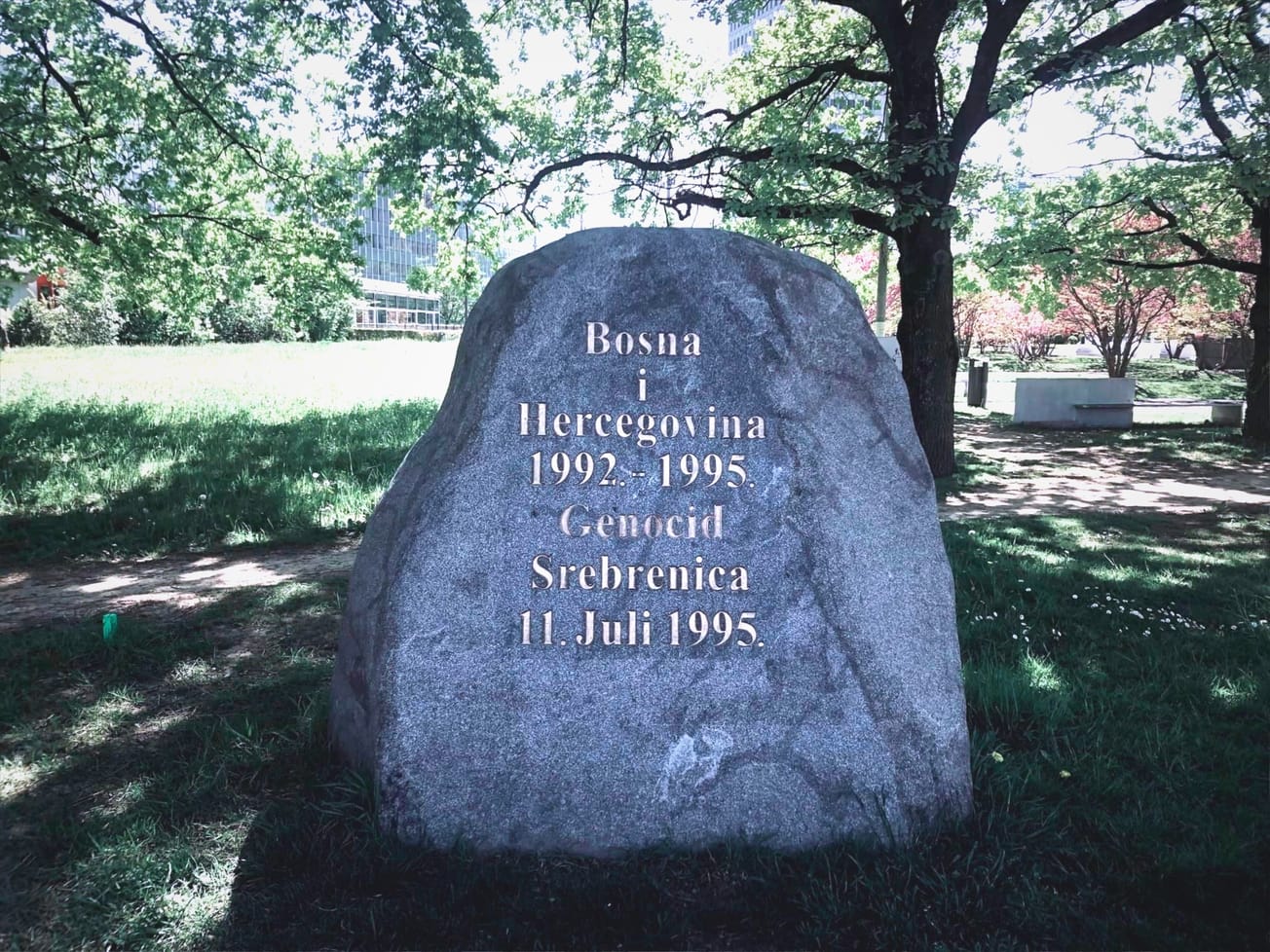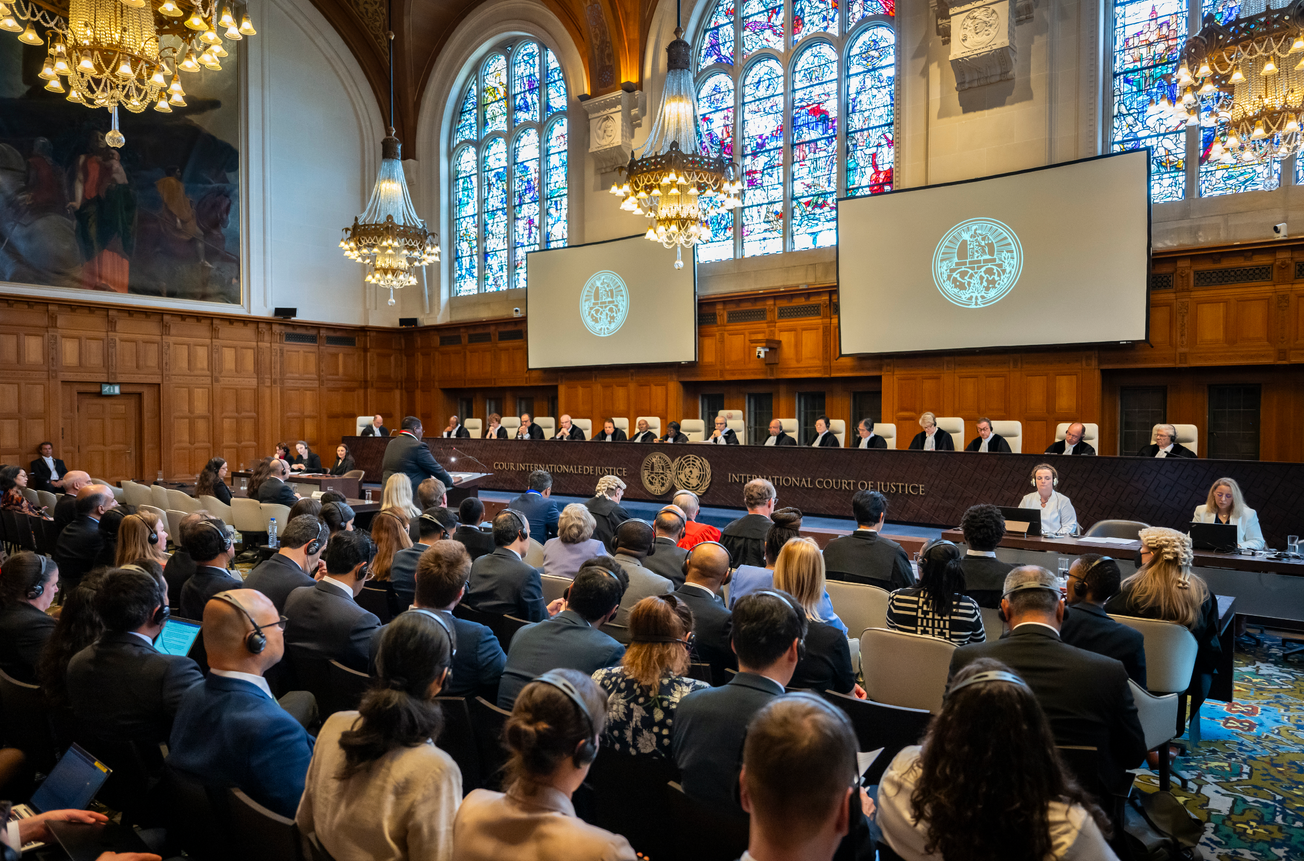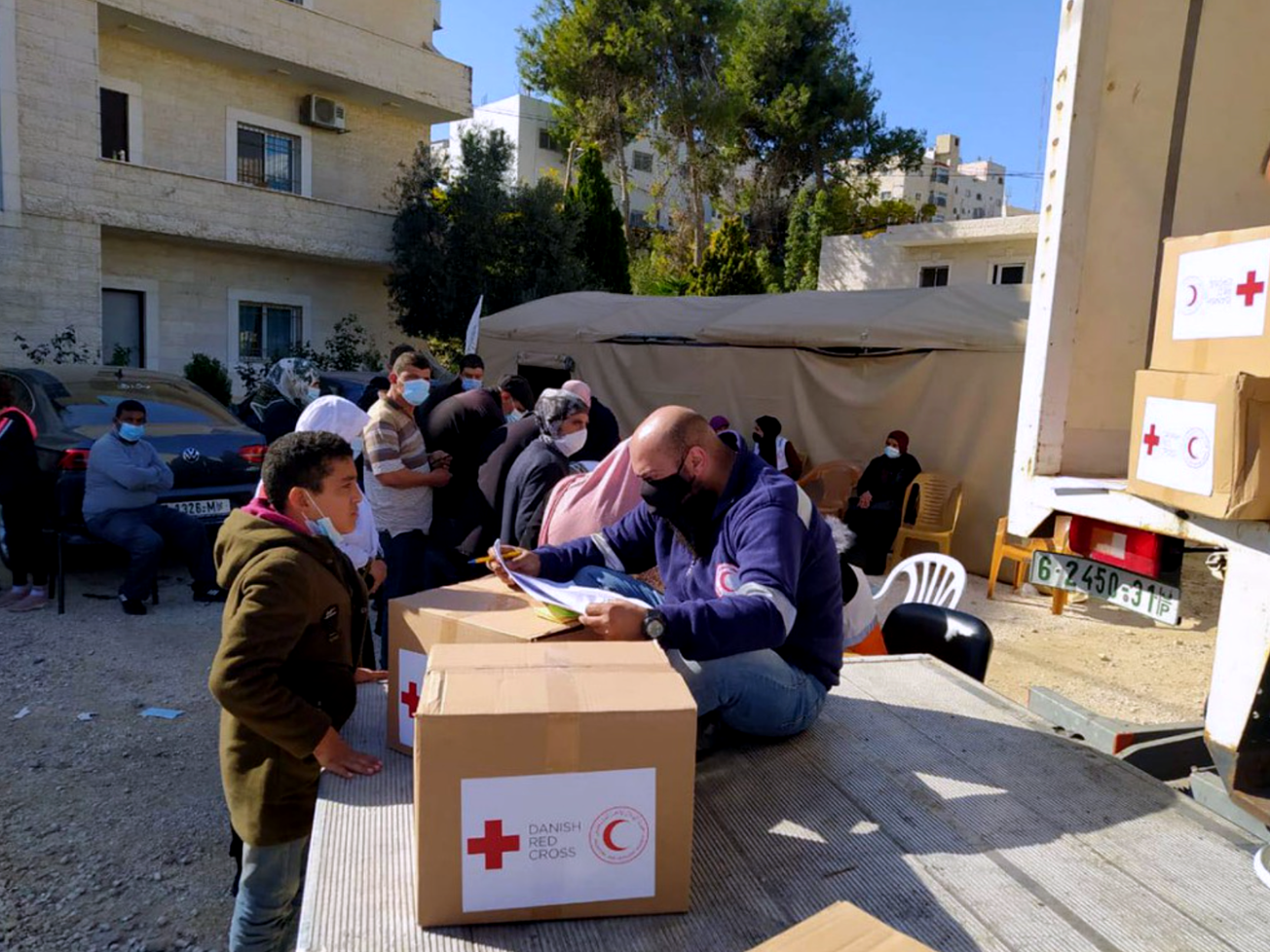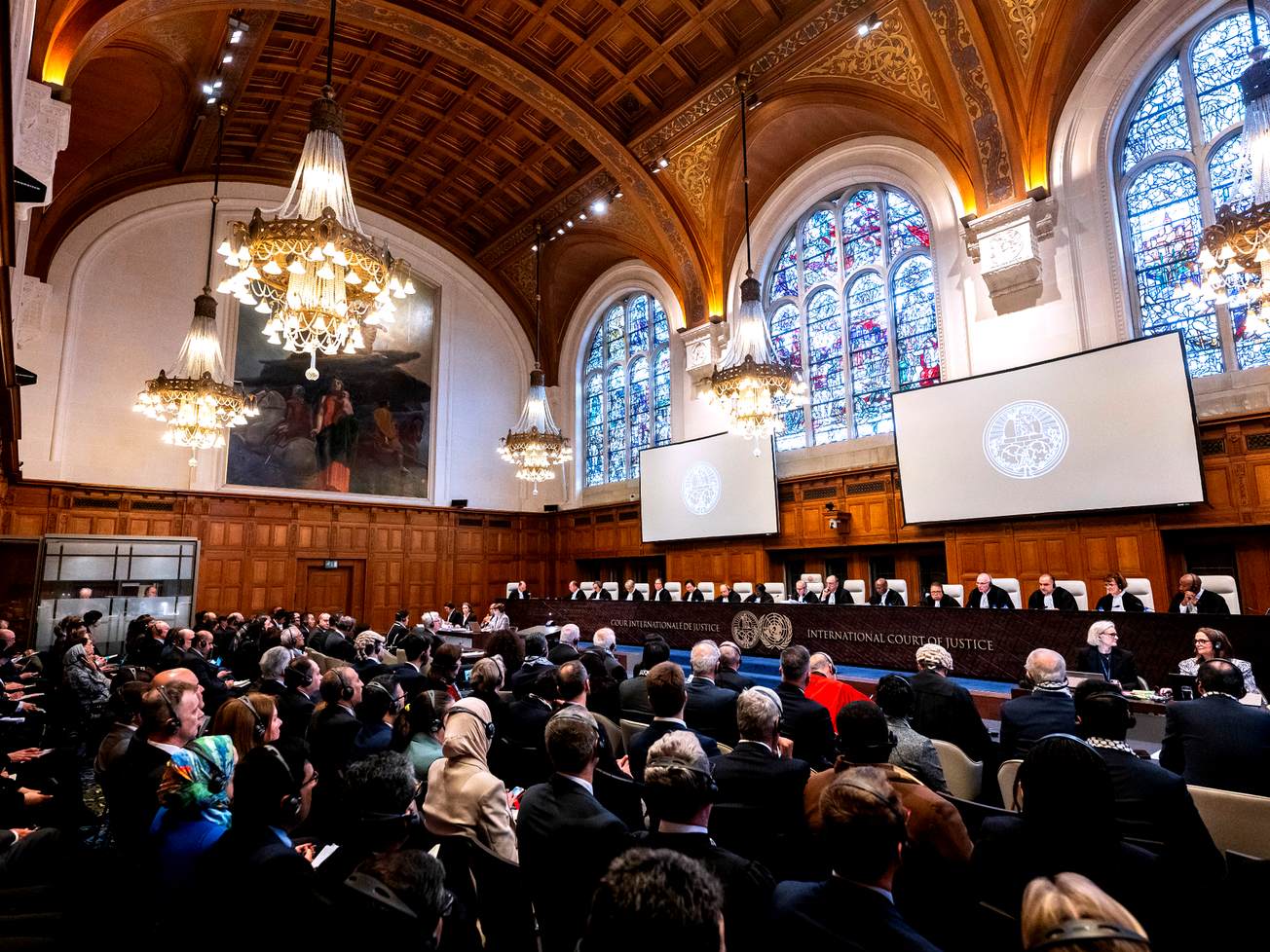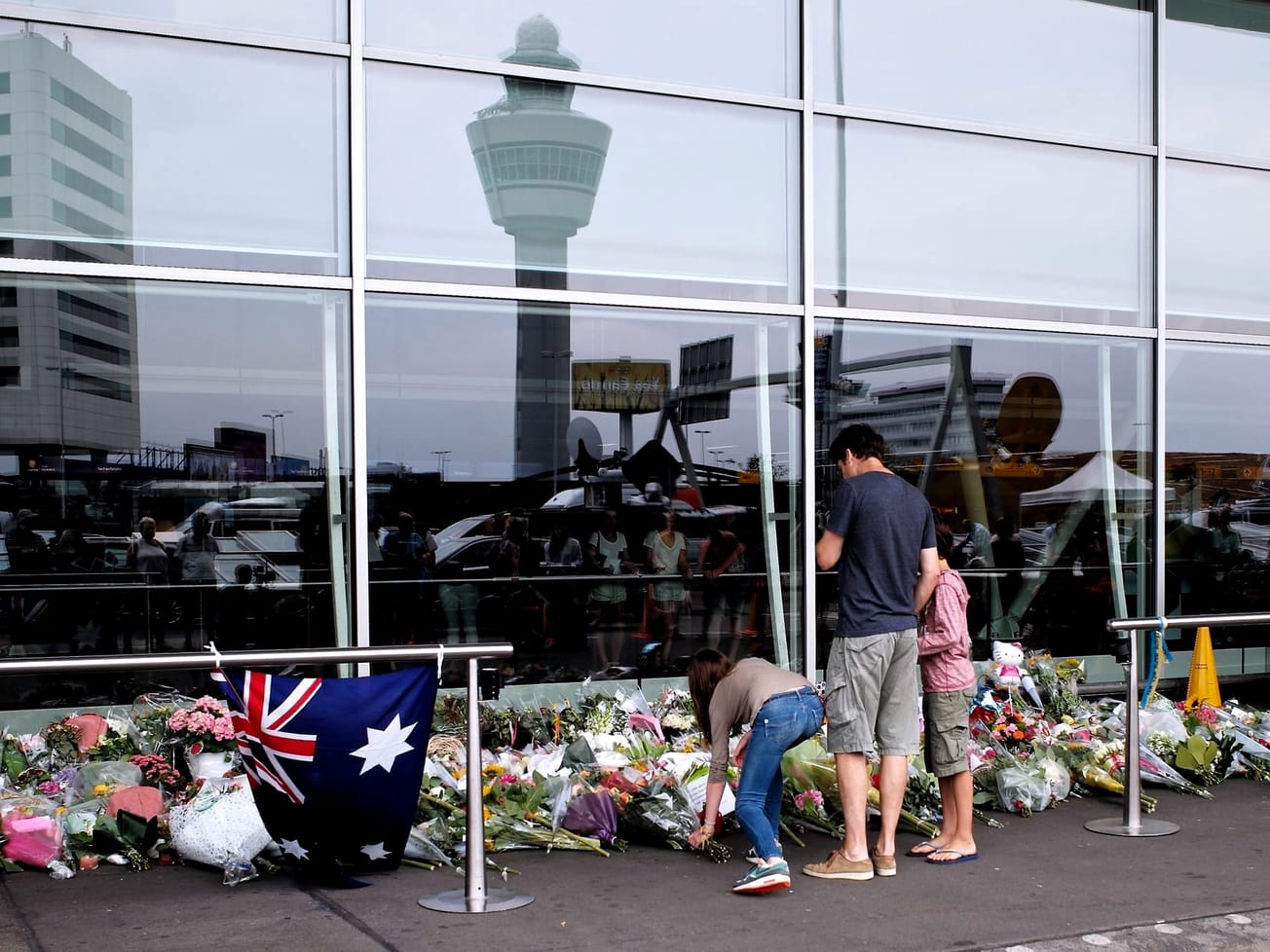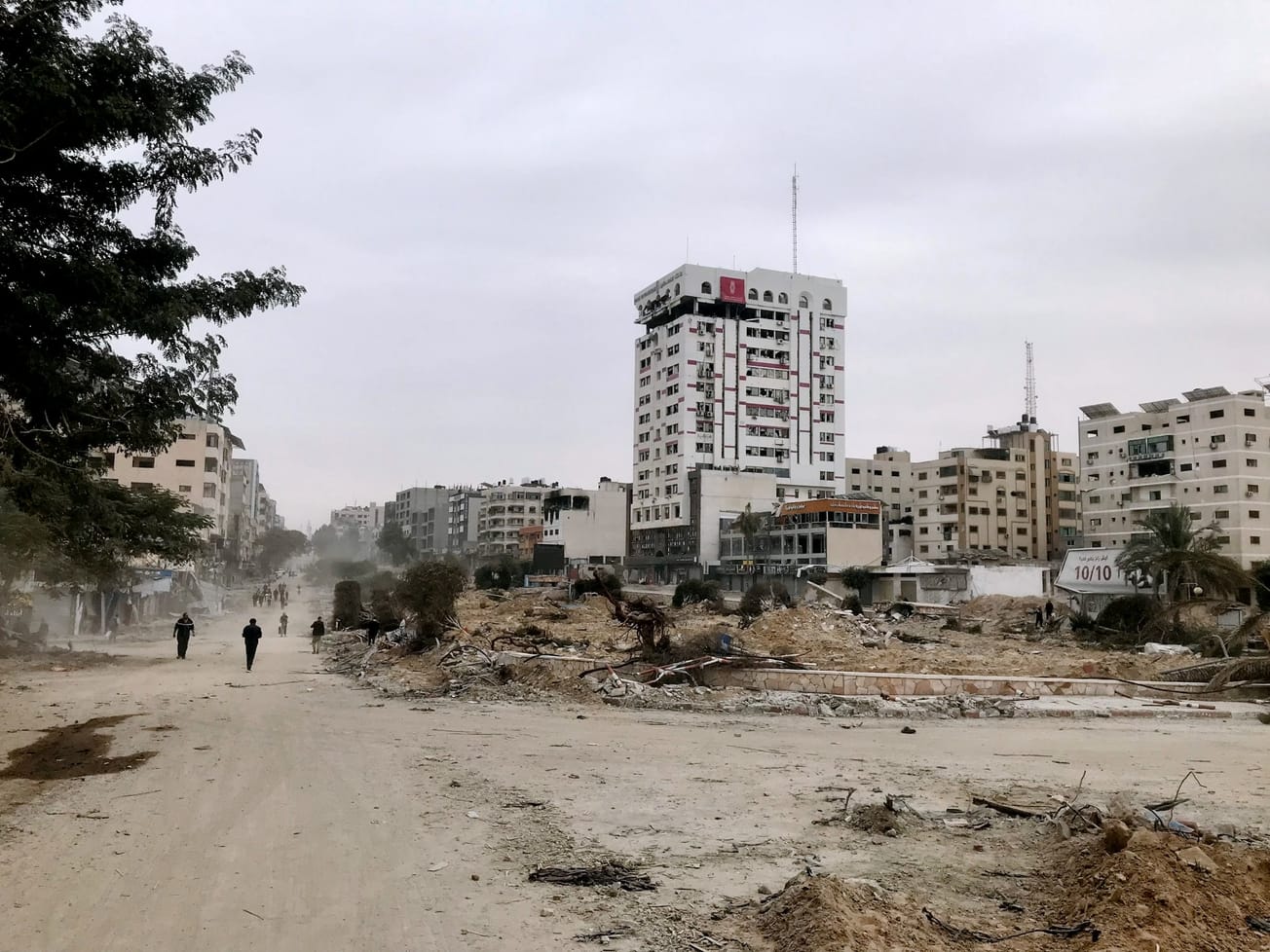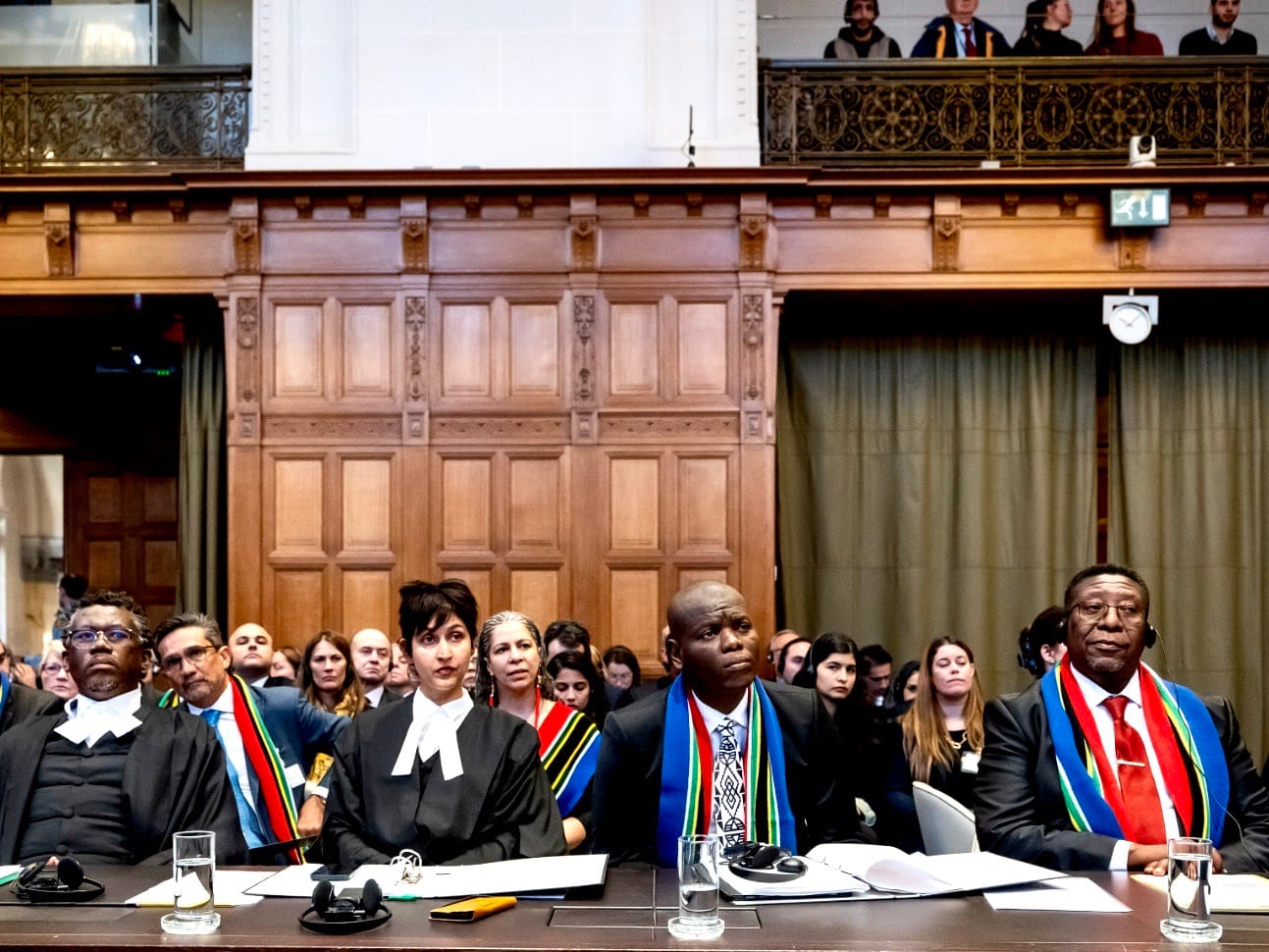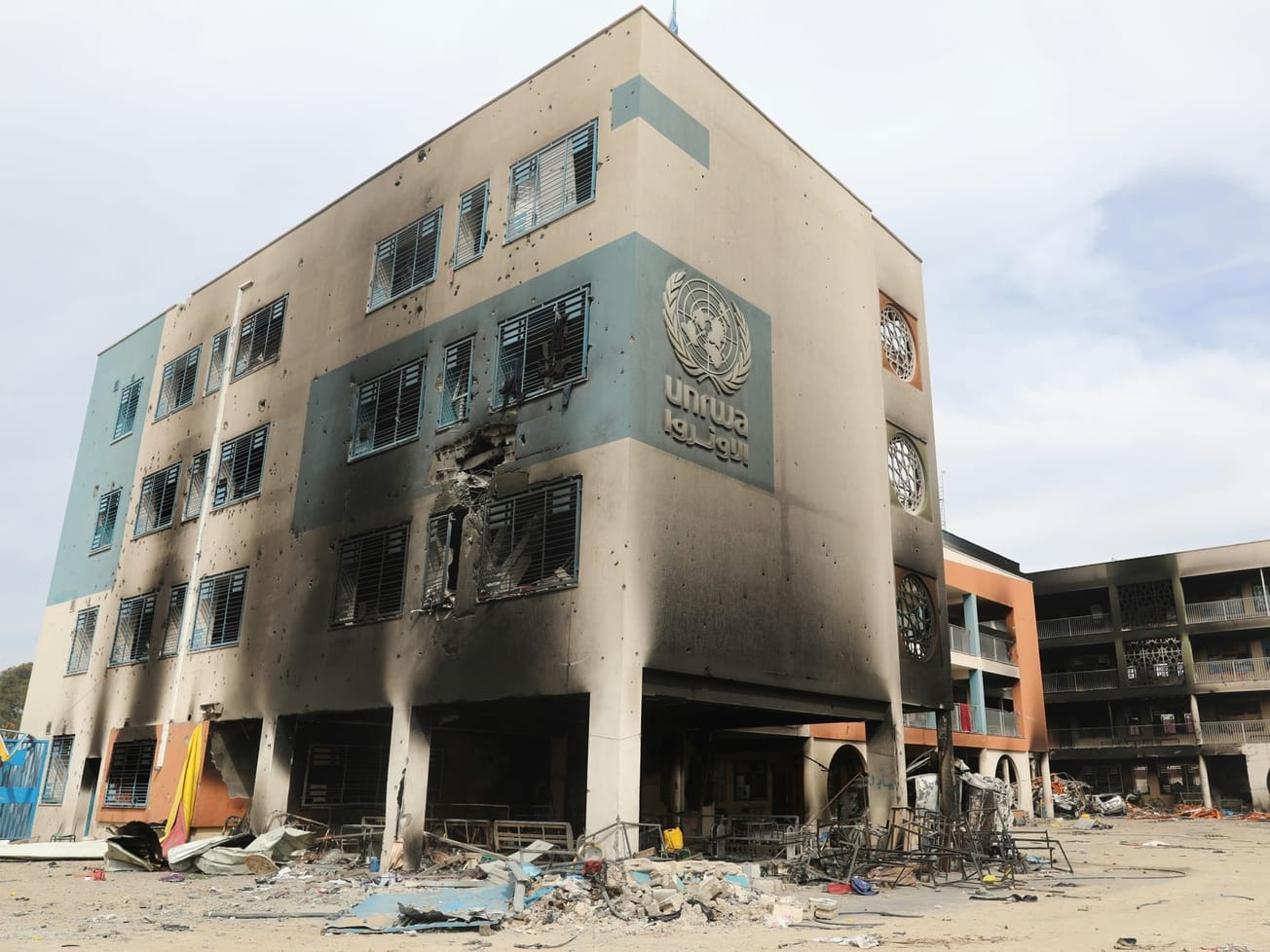
Nations seek U.N. top court's opinion on Gaza humanitarian access
A U.N. resolution with overwhelming support asks the International Court of Justice for an advisory opinion.
Already have an account? Log in
A U.N. resolution with overwhelming support asks the International Court of Justice for an advisory opinion.
Israel strongly rejects the allegations that it is systematically trying to destroy the Palestinian people in its war with Hamas.
The landmark case is expected to involve nearly 100 countries and more than a dozen intergovernmental organizations.
The proposal amplifies a recent International Court of Justice ruling that Israel has no sovereignty over the territories.
The report for the year ending on June 30 observes that armed conflicts increased as challenges to military rule intensified.
The determination is the first time an international court weighed in on Israel’s occupation of Palestinian territory.
The justices cited warnings an offensive on Rafah will put 'hundreds of thousands of people at imminent risk of death.'
The resolution sponsored by Germany and Rwanda reflects an effort to remember the lessons of 20th century genocides.
ICJ justices heard arguments from South Africa calling on Israel to immediately withdraw its army from Gaza.
The ruling orders Israel to allow aid trucks loaded with food and supplies to enter Gaza unhindered "without delay."
The International Court of Justice heard testimony on the legality of Israel’s 57-year occupation of Palestinian territories.
The summit is focused on Europe's uncertain security, clouded by Russia's threat and America's political turmoil.
The ruling is the first of two that are expected this week from a decade of conflict-turned-war between Russia and Ukraine.
Justices at The Hague granted South Africa's request for provisional measures against the Israeli military in Gaza.
Though it cannot enforce its orders, the court issues advisory opinions that carry legal weight and moral authority.
Guyana, an impoverished former British colony, controls the Essequibo region and the $1 billion a year it generates.
